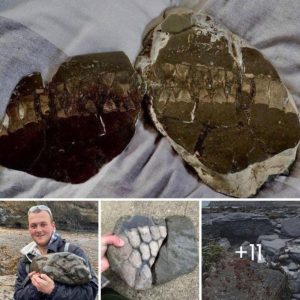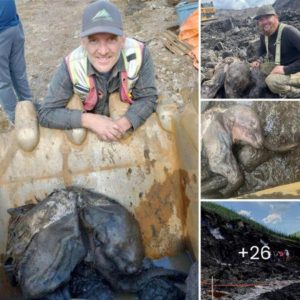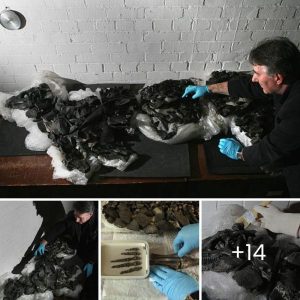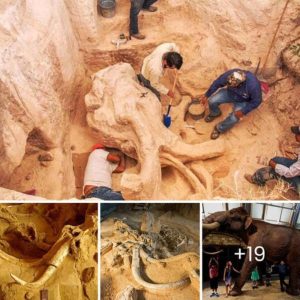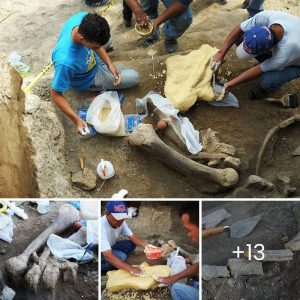An incredible discovery was made on a beach in Penarth, South Wales, as an ichthyosaur fossil dating back approximately 200 million years captured the attention of researchers and beach walkers alike.
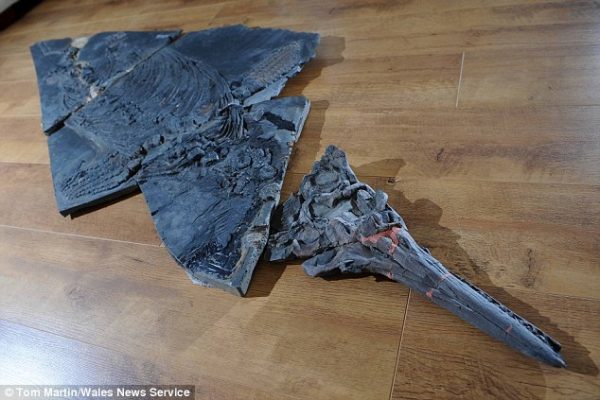
Unearthed by Jonathan Bow, a keen enthusiast spending a day on the beach, the 7ft long and 132lbs heavy fossil is a remarkable find. Cindy Howells, a paleontologist from the National Museum of Wales, expressed the significance of the discovery, noting the completeness of the ichthyosaur specimen.
Ichthyosaurs, often referred to as fish lizards, were actually large carnivorous marine reptiles that roamed the oceans during the Mesozoic era. Ranging from 3ft to 52ft in length, these creatures were formidable predators in their time. They first appeared in the fossil record around 250 million years ago, with their population flourishing during the later Triassic and early Jurassic Periods.
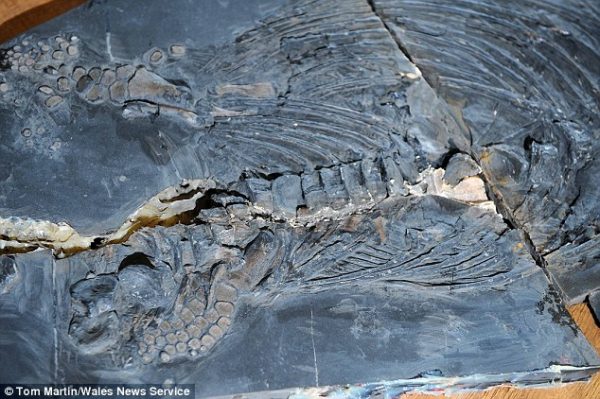
However, as the era progressed, they were gradually overshadowed by the rise of plesiosaurs during the later Jurassic and Cretaceous Periods. By the Late Cretaceous period, ichthyosaurs had become extinct, leaving behind a rich paleontological legacy.
The ichthyosaur fossil found in Penarth provides a valuable opportunity for researchers to study and learn more about these fascinating creatures that once dominated the prehistoric seas. The level of completeness of the specimen offers a rare glimpse into the anatomy and biology of these ancient marine reptiles, shedding light on their evolutionary adaptations and ecological roles within their marine ecosystems.

Studies of ichthyosaurs have revealed a diverse range of species and adaptations, showcasing their remarkable resilience and success as top predators of their time. Their streamlined bodies, adapted for swift swimming, and distinctive features such as elongated snouts and sharp teeth, indicate their specialization for hunting and capturing prey in the ancient oceans.
Understanding the evolutionary history and eventual extinction of ichthyosaurs provides valuable insights into the dynamics of prehistoric marine environments and the interplay of species during different geological periods.
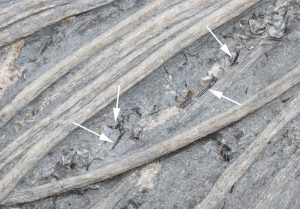
The discovery of the ichthyosaur fossil in Penarth serves as a reminder of the rich natural history preserved in the geological layers of Wales and the importance of continued research and exploration in uncovering the mysteries of our planet’s ancient past. With each new find, scientists and enthusiasts alike are granted a glimpse into the distant world of prehistoric life, connecting us with the wonders of evolution and the vast diversity of life that once thrived on Earth.

